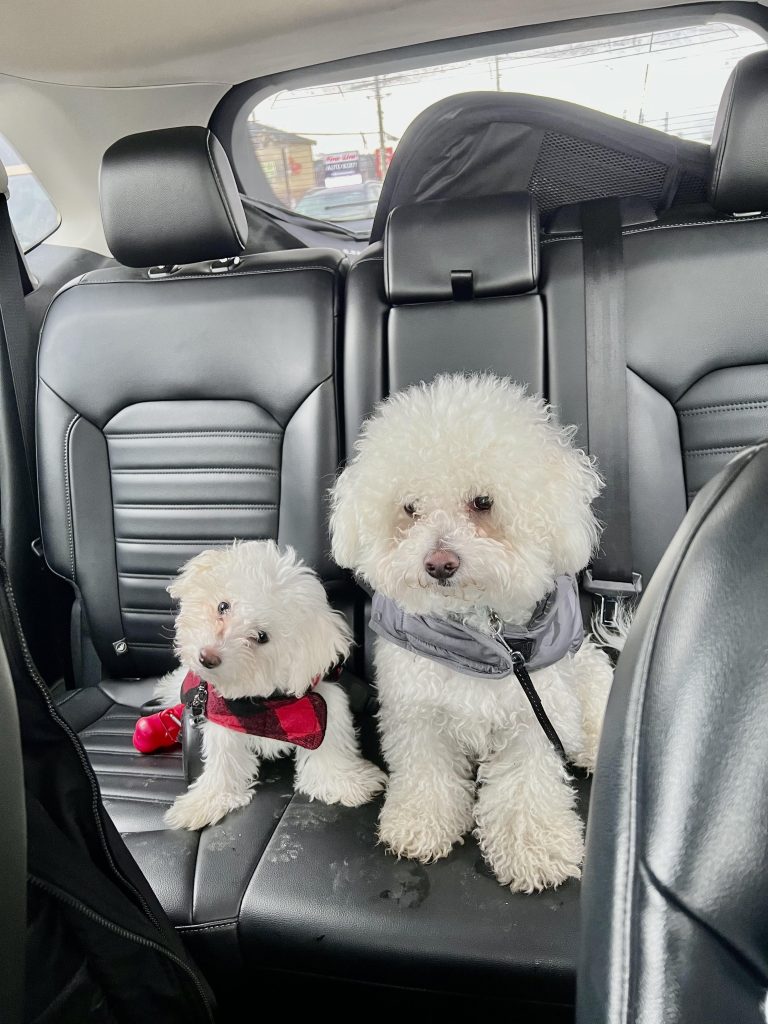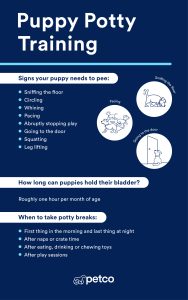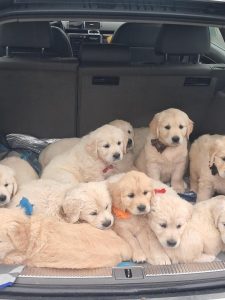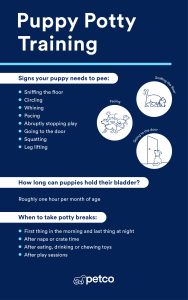Bringing a Bichon Frise puppy into your home is exciting, but training can feel overwhelming. You want your little fluff ball to grow into a well-behaved, happy companion without stress.
What if you had simple, effective tips that make training easy and even fun for both you and your puppy? You’ll discover exactly how to guide your Bichon Frise with confidence, turning challenges into rewarding moments. Keep reading to unlock the secrets that will help your puppy thrive and strengthen your bond every step of the way.
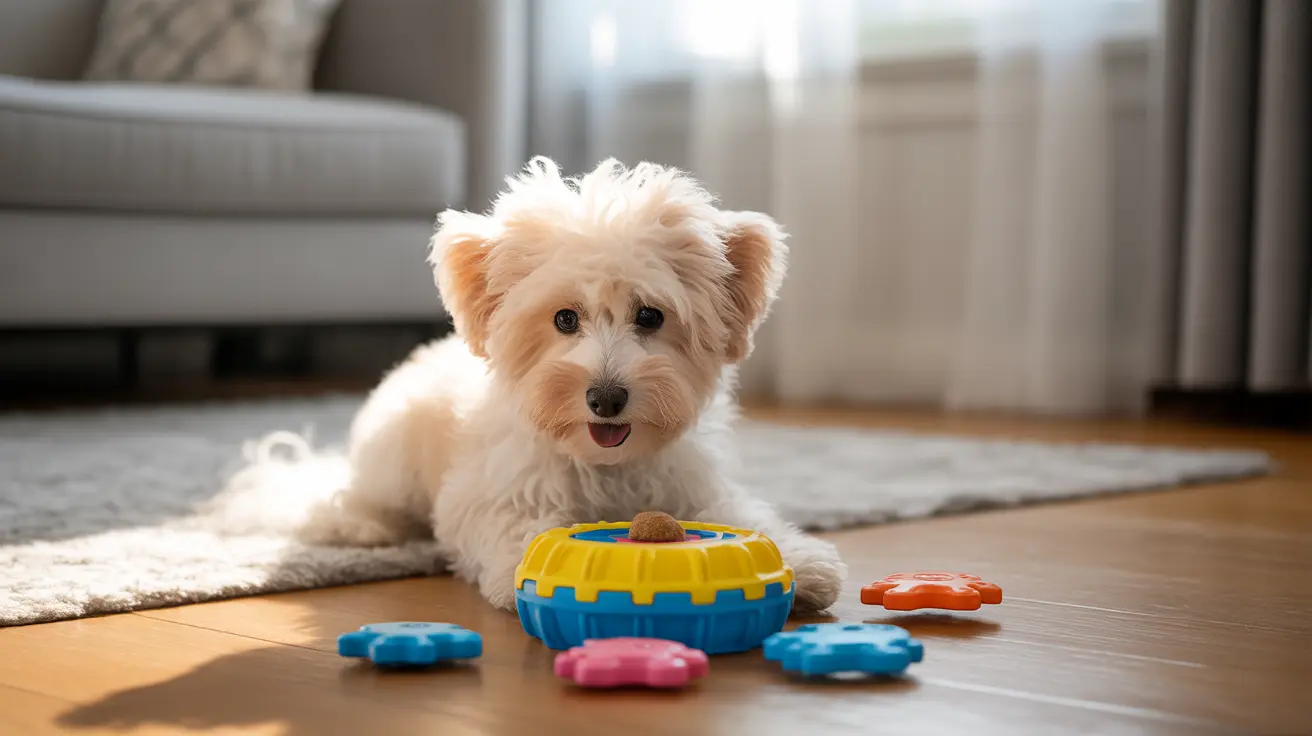 Training Tips: Essential Tricks for Success” />
Training Tips: Essential Tricks for Success” />Credit: www.petscare.com
Choosing The Right Training Approach
Training your Bichon Frise puppy needs care and the right methods. Choosing the best approach helps your puppy learn fast. It also builds trust between you and your dog.
This guide covers key tips for training your puppy with kindness and clear goals. Use these ideas to create a happy learning space for your pet.
Positive Reinforcement Techniques
Reward good behavior with treats, praise, or play. This helps your puppy know what you want. Avoid punishment because it can cause fear or confusion.
- Give a treat right after good behavior
- Use a happy voice to praise your puppy
- Play with your puppy as a reward
- Keep training sessions short and fun
Consistency And Patience
Train your puppy every day. Use the same words and gestures each time. This helps your puppy understand rules faster. Be patient, as learning takes time.
| Training Tip | Why It Matters |
| Practice daily | Builds routine and memory |
| Use same commands | Prevents confusion |
| Stay calm | Keeps puppy relaxed and focused |
| Repeat exercises | Strengthens learning |
Setting Realistic Goals
Set small goals for your puppy. Do not expect too much at once. Celebrate little successes to keep your puppy motivated. This keeps training easy and fun.
- Learn to sit on command
- Stay calm during leash walks
- Respond to name call
- Use potty area correctly
Housebreaking Your Bichon Frise
Training your Bichon Frise to go potty outside is important. It helps keep your home clean and your puppy happy.
Start housebreaking early to build good habits. Patience and consistency are key during this process.
Establishing A Routine
Puppies learn best with a set schedule. Take your Bichon Frise outside at the same times each day.
Regular times include after eating, playing, and waking up. This helps your puppy know when to go.
- Take your puppy out first thing in the morning
- Offer bathroom breaks every 2 hours
- Always go outside after meals and naps
- End the day with a final outdoor break
Crate Training Benefits
Using a crate helps your Bichon Frise learn bladder control. Dogs usually avoid soiling their sleeping area.
Crate training also keeps your puppy safe when you cannot watch them closely. It creates a secure space for rest.
- Choose a crate just big enough to stand and turn
- Introduce the crate gently with treats and praise
- Use the crate for short periods at first
- Take your puppy outside immediately after crate time
Handling Accidents Calmly
Puppies will have accidents during training. Stay calm and do not yell or punish your Bichon Frise.
Clean the spot well to remove smells. This stops your puppy from returning to the same place.
- Use an enzyme cleaner for accident spots
- Ignore the accident when it happens
- Take your puppy outside to the correct spot
- Praise your puppy when they go outside
Basic Obedience Commands
Training your Bichon Frise puppy with basic commands helps build good behavior. It also creates a strong bond between you and your pet. These simple commands keep your puppy safe and well-mannered.
Start training early and keep sessions short. Use gentle praise and treats to encourage learning. Consistency is key to help your puppy remember commands well.
Teaching Sit And Stay
To teach “sit,” hold a treat above your puppy’s nose. Slowly move it back over their head. When they sit, say “sit” and give the treat. Repeat this several times daily.
For “stay,” ask your puppy to sit first. Show your open hand and say “stay.” Take a small step back. If your puppy stays, reward with a treat. Gradually increase the distance and time.
Mastering Come And Heel
Use a cheerful voice to call your puppy with “come.” Start from a short distance. Reward your puppy when they come to you quickly. Practice this often in different places.
- Say “heel” to get your puppy’s attention.
- Hold the leash close to your side.
- Walk forward slowly, encouraging your puppy to stay beside you.
- Give treats when your puppy walks at your side without pulling.
- Stop and wait if your puppy pulls ahead, then continue when calm.
Introducing Leave It And Drop It
“Leave it” teaches your puppy to ignore things they should not have. Hold a treat in your closed hand. Say “leave it.” When your puppy stops trying and looks away, give a different treat from your other hand.
| Command | Purpose | Training Tip |
|---|---|---|
| Leave It | Ignore unwanted items | Use treats and patience |
| Drop It | Release objects from mouth | Offer a treat in exchange |
For “drop it,” offer a treat while your puppy holds a toy. Say “drop it” and gently take the toy when they release it. Reward your puppy with the treat and praise.
Socializing Your Puppy
Socializing your Bichon Frise puppy helps them grow into a happy dog. It teaches them how to behave around people and other animals.
Early socialization can prevent fear and aggression. It also builds confidence in new situations.
Introducing New People And Pets
Allow your puppy to meet many types of people and pets gently. Keep the meetings calm and positive to help your puppy feel safe.
- Invite friends to your home for short visits
- Let your puppy see other dogs through fences first
- Supervise all introductions to avoid scares
- Reward your puppy with treats for calm behavior
Exposing To Different Environments
Take your puppy to many places. New sights and sounds help them learn and adapt.
| Environment | Why It Helps |
| Park | Meeting dogs and people |
| Car rides | Getting used to travel |
| Busy streets | Learning to stay calm with noise |
| Pet stores | Seeing many animals and smells |
Preventing Fear And Aggression
Watch your puppy’s body language closely. Stop or change the activity if they seem scared or angry.
- Use gentle praise and treats to reward good behavior
- Keep social sessions short and positive
- Avoid forcing your puppy into situations they dislike
- Gradually increase exposure to new things
Addressing Common Behavior Issues
Bichon Frise puppies are playful and loving. Like all puppies, they can show some unwanted behaviors. Training helps guide them to good habits.
Addressing common behavior problems early makes training easier. It also builds a strong bond between you and your puppy.
Managing Excessive Barking
Bichon Frises may bark a lot if they feel bored or scared. Too much barking can disturb your home and neighbors.
Teach your puppy to stop barking on command. Use a calm voice and reward quiet behavior with treats or praise.
- Identify what causes the barking
- Distract with toys or commands
- Avoid yelling; stay calm and firm
- Give attention when the puppy is quiet
Reducing Chewing And Biting
Puppies explore the world by chewing and biting. This can damage your belongings or hurt people if not controlled.
Provide safe chew toys and redirect biting to them. Use gentle corrections to teach your puppy what is okay to chew.
- Offer plenty of chew toys daily
- Say “no” firmly if biting starts
- Replace your hand with a toy
- Reward gentle play and chewing
Preventing Separation Anxiety
Bichon Frise puppies love company. They can feel upset when left alone and may act out.
Help your puppy feel safe by leaving them alone for short times. Give toys and a comfy space to reduce stress.
- Start with brief separations
- Create a quiet, safe area for your puppy
- Use toys to keep them busy
- Stay calm when leaving and returning
 Training Tips: Essential Tricks for Success” />
Training Tips: Essential Tricks for Success” />Credit: www.reddit.com
Enhancing Training With Play
Training a Bichon Frise puppy can be more effective when you add play. Play helps keep your puppy interested and eager to learn. It makes training a fun time for both of you.
Using play during training builds a strong bond. It also helps your puppy learn commands faster and enjoy the process.
Using Toys As Rewards
Toys can be a great reward for your puppy’s good behavior. They make your puppy excited to follow your commands. Choose toys your puppy loves and use them only during training.
- Pick soft, chew-safe toys for indoor play
- Use squeaky toys for extra interest
- Rotate toys to keep your puppy curious
- Give the toy right after your puppy obeys a command
- Keep treats ready as a backup reward
Incorporating Training Games
Training games add fun to learning new skills. They turn commands into playful challenges. Your puppy stays motivated and learns better.
- Play hide and seek to teach “come”
- Use fetch to practice “drop it” and “bring”
- Try tug games to build bite control
- Use obstacle courses for agility and focus
Keeping Sessions Short And Fun
Short sessions keep your puppy from getting bored or tired. Fun makes your puppy want to learn more. Always end on a happy note.
| Session Length | Recommended Time |
| Very young puppies (8-12 weeks) | 5 minutes |
| Older puppies (3-6 months) | 10-15 minutes |
| Adult dogs | 15-20 minutes |
Maintaining Progress Over Time
Training a Bichon Frise puppy takes time and patience. Keeping up the work after initial training is key.
Consistent practice helps your puppy remember lessons. It also builds good habits for life.
Regular Refresher Training
Going over commands often keeps your puppy sharp. Short, frequent sessions work best.
- Review basic commands like sit, stay, and come weekly
- Use treats and praise to reward good behavior
- Keep sessions fun to hold your puppy’s interest
- Practice in different places to build confidence
- Correct mistakes gently and consistently
Adapting To Growth Stages
Your puppy’s needs change as it grows. Adjust training to fit each stage.
| Growth Stage | Training Focus | Tips |
| Puppy (0-6 months) | Basic commands and socialization | Keep sessions short and positive |
| Adolescent (6-12 months) | Building discipline and patience | Increase training time gradually |
| Adult (1 year+) | Advanced skills and consistency | Maintain regular practice and challenges |
Celebrating Milestones
Marking progress encourages both you and your puppy. It makes training rewarding.
- Celebrate first successful stay or recall
- Give your puppy a favorite toy as a reward
- Share progress with friends or family
- Take photos or videos of key moments
- Set new goals after each milestone
 Training Tips: Essential Tricks for Success” />
Training Tips: Essential Tricks for Success” />Credit: www.reddit.com
Frequently Asked Questions
How Do I Start Training A Bichon Frise Puppy?
Begin with basic commands like sit and stay. Use positive reinforcement with treats and praise. Start sessions short and frequent to keep your puppy engaged and eager to learn.
What Is The Best Potty Training Method For Bichon Frise?
Consistency is key. Take your puppy outside regularly, especially after meals and naps. Praise them immediately after they go. Crate training also helps prevent accidents indoors.
How Can I Prevent Separation Anxiety In My Puppy?
Gradually increase alone time in small increments. Provide toys and distractions when you leave. Establish a calm routine to help your puppy feel secure and reduce anxiety.
When Should Socialization Start For A Bichon Frise Puppy?
Start socialization early, ideally between 3 and 14 weeks. Introduce your puppy to various people, pets, and environments. Early exposure helps develop a confident and well-adjusted dog.
Conclusion
Training your Bichon Frise puppy takes patience and love. Start with simple commands. Consistency is key for success. Use positive reinforcement to encourage good behavior. Keep training sessions short and fun. This helps your puppy stay interested. Socialize your puppy with people and other dogs.
This builds confidence. Remember, each puppy learns at its own pace. Celebrate small victories along the way. Your dedication will shape a well-behaved companion. Enjoy the journey with your furry friend.

Emily Barker is the founder of ChillDogLife.com, a space dedicated to helping pup parents discover the best dog products, lifestyle tips, and cozy ideas for happier homes.
A lifelong dog lover, Emily combines her passion for pets with a knack for research to share trusted recommendations on everything from toys and furniture to health and everyday care.
Her goal is simple: to make life easier, stylish, and more joyful for dogs and the people who love them.
